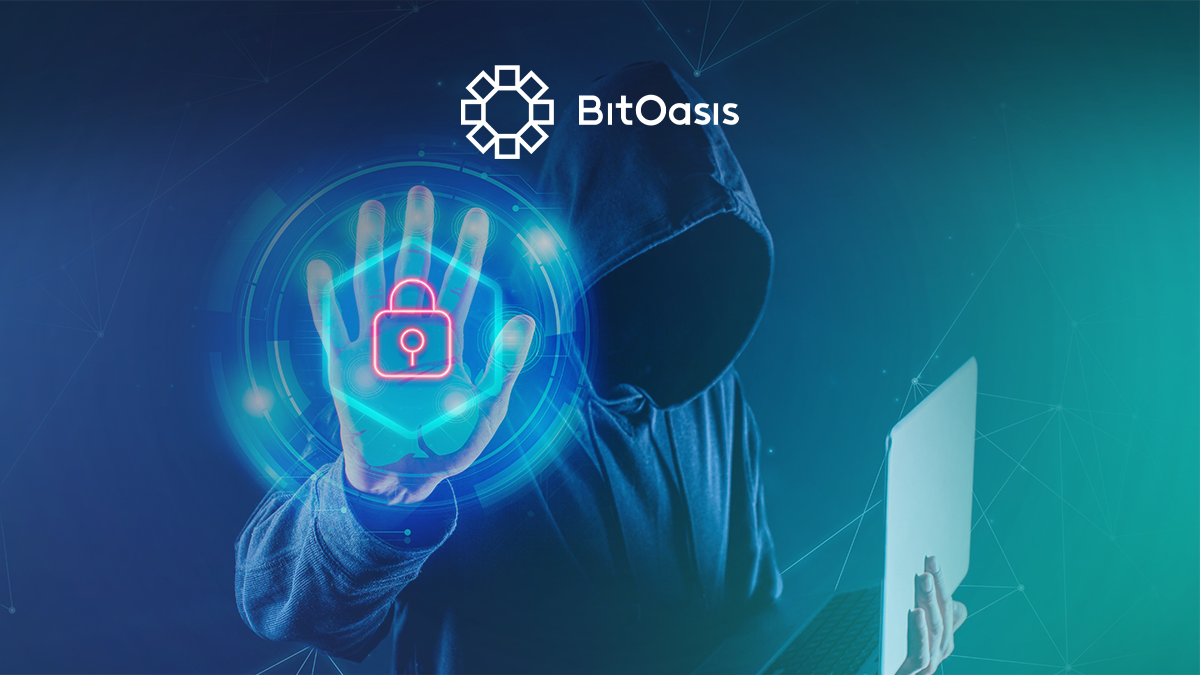Being online has become such an integral part of our lives that it can be easy sometimes to forget that only some we encounter online have our best interests at heart. Cybercriminals are doing their best to stay one step ahead of online users and gain financially from unassuming and unaware individuals. It begs the question:
Can you identify an online scam?
- Were you contacted with a lucrative investment plan too good to be true?
- Did you get contacted by an entity posing as BitOasis’s trusted partner?
- Did you receive an unexpected email or phone call showing the urgency of doing or acting on your BitOasis account?
- Is someone asking you for personal details like password, OTP, PIN, and card number online?
- Is the person posing as a person of authority, such as a BitOasis insider, a person from a bank, or the government?
These are just a few examples of cybercriminals’ modus operandi when scamming individuals online.
While engaging with entities online, you will often encounter suspicious conversations. Take a few steps to secure your online presence in case scammers try to compromise your account:
- Protect your personally identifiable data. Financial institutions never ask you to provide confidential information such as your account number, username or password, birthday, or address in emails or text messages.
- Be wary of suspicious links. BitOasis will never send you a text or email that asks you to click a suspicious link or download an attachment.
- Look out for any fear-based motivation. Scammers may pressure, or even threaten you, to respond. Just ignore it and contact BitOasis directly.
- Watch for misspelled words. Fraudulent texts and emails often need to be corrected.
- Use random or complex passwords.
- Set up multi-factor authentication using the Authenticator application.
- Do not click on links or download any attachments. Attachments may contain malware such as viruses, worms, or spyware. Links in phishing messages direct you to fraudulent websites.
- Do not reply to the sender. Ignore any requests from the sender, and do not call any phone numbers provided in the message.
- Hang up or end any suspicious calls. Do not respond to the caller’s requests.
- Do not use public Wi-Fi for financial transactions.
- Do not give control of your devices to individuals you are not familiar with.
- Keep your operating system and browser up to date with the latest updates.
If you have any questions or concerns about your account security or need help securing your account, please don’t hesitate to contact us at [email protected].



